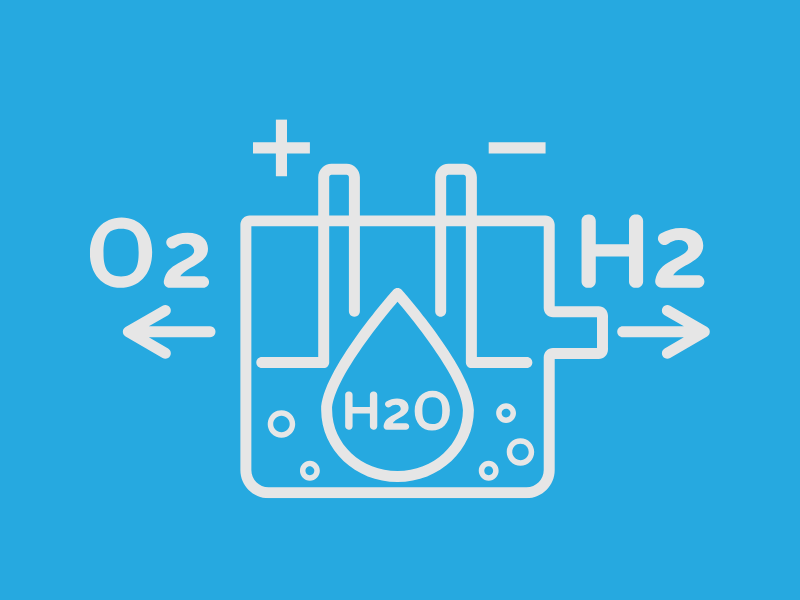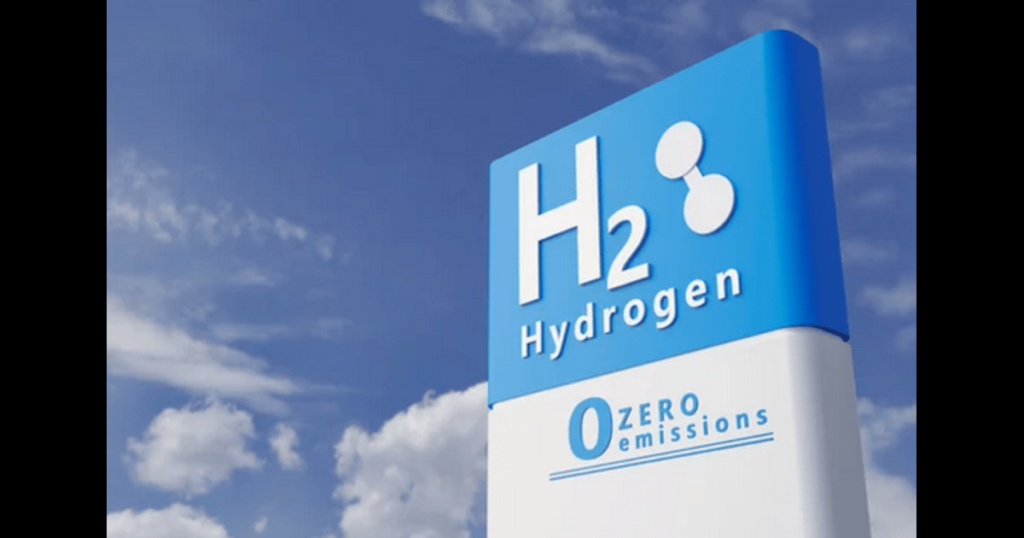Many people wonder if hydrogen energy is safe. The short answer is yes, but with important security measures. Here is what you need to know:
Why hydrogen can be risky
Hydrogen is highly flammable. It can ignite easily when mixed with air, even in small amounts. This is because hydrogen has a very low ignition energy and a wide flammability range, which means that it can catch fire or explode more easily than gasoline or natural gas if leaked and ignited.
Hydrogen flames are mostly invisible and produce little heat, making fires hard to detect and extinguish.
Hydrogen is also a very light and can leak through tiny cracks or joints that other gasses cannot pass through. This makes leak detection challenging since hydrogen is colorless, odorless, and tasteless. In confined spaces, leaking hydrogen can displace oxygen, posing a risk of suffocation if not properly ventilated
How safety is ensured
- Despite these risks, hydrogen can be handled safely with the right precautions:
- Proper ventilation is essential to prevent hydrogen buildup in enclosed areas.
- Leak detection systems using sensors help identify hydrogen leaks early, since humans cannot smell or see it.
- Special materials and equipment are used to prevent hydrogen embrittlement (a process where hydrogen weakens metals) and to ensure tight seals that prevent leaks.
- Inerting and purging procedures are carefully designed to avoid dangerous hydrogen-air mixtures during filling or transfer operations.
- Strict safety protocols and training help workers handle hydrogen safely, and emergency gear is provided in case of fire.
Is hydrogen energy safe for everyday use?
Hydrogen is already used safely in many industries, including healthcare, power generation, and transportation. For example, hospitals use hydrogen fuel cells for backup power, and hydrogen vehicles are becoming more common in cities due to their zero emissions and quick refueling times.

The key is that hydrogen systems are designed with safety as a top priority. When handled correctly, hydrogen is as safe as other fuels. However, because of its unique properties, it requires specialized infrastructure and careful operational controls.
The bottom line
Hydrogen energy is safe when managed properly. Its flammability and leak risks mean that safety cannot be taken lightly, but with modern technology and strict safety standards, hydrogen can be used reliably and cleanly. As hydrogen becomes more widespread, ongoing improvements in safety measures will continue to make it a trustworthy energy source for a greener future.
This means hydrogen can be a safe, clean energy option, but only if we respect its characteristics and invest in the right safety systems. With these in place, hydrogen energy can help power our world without compromising safety.



